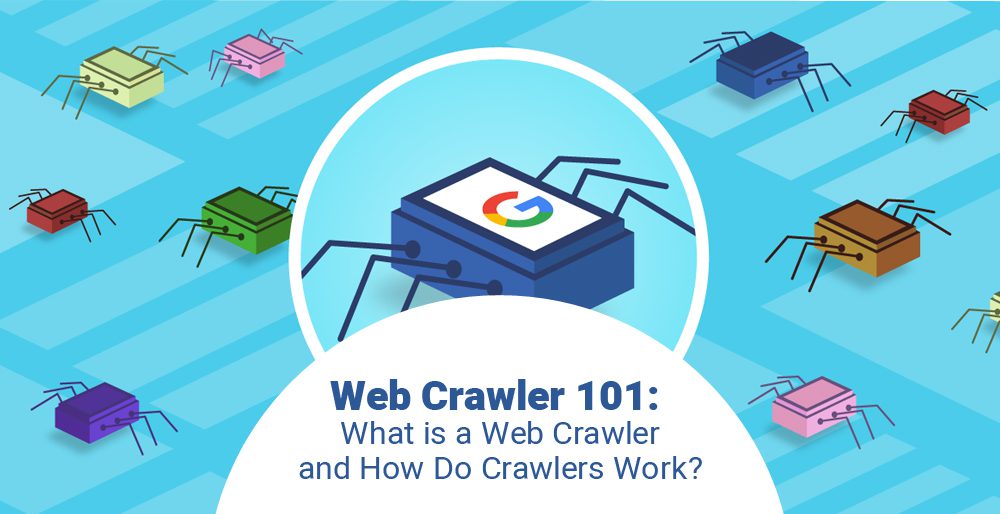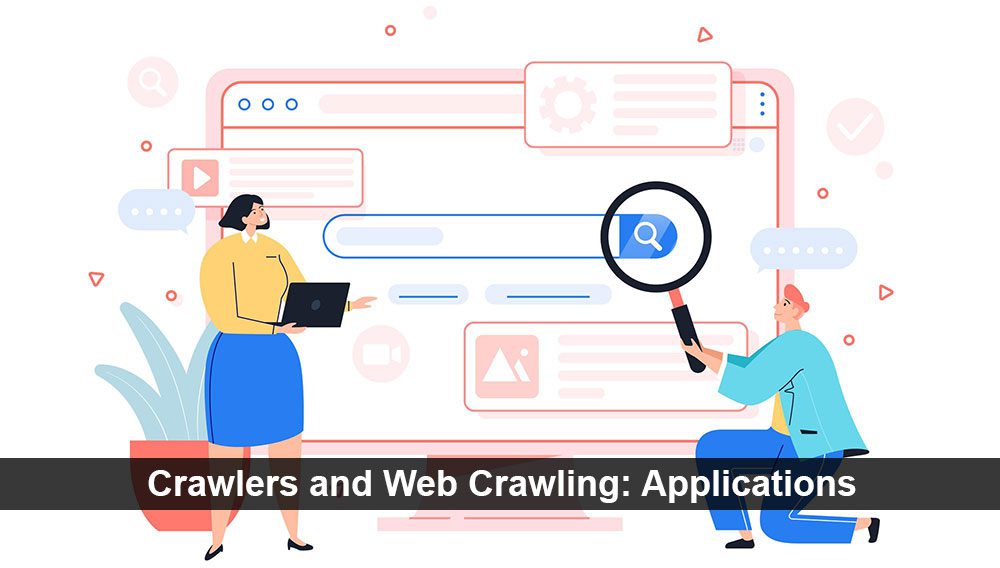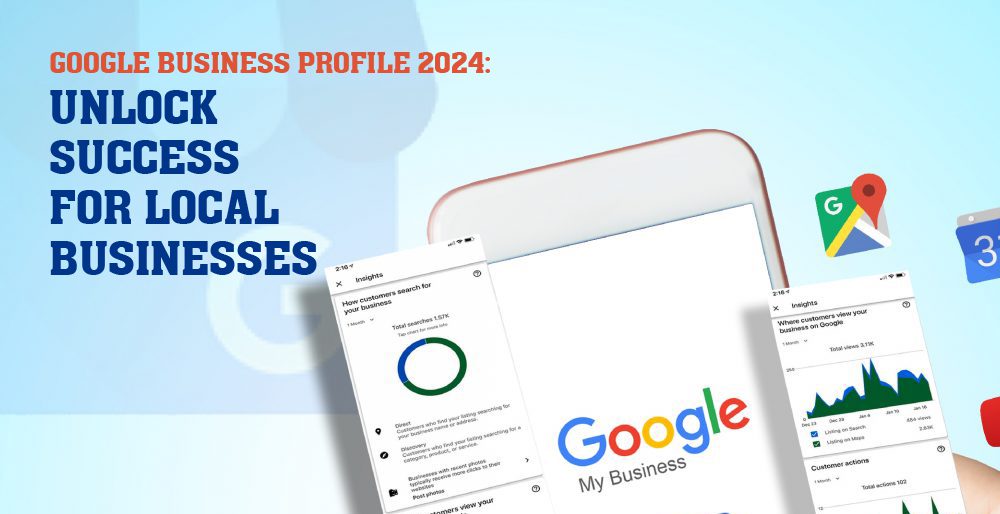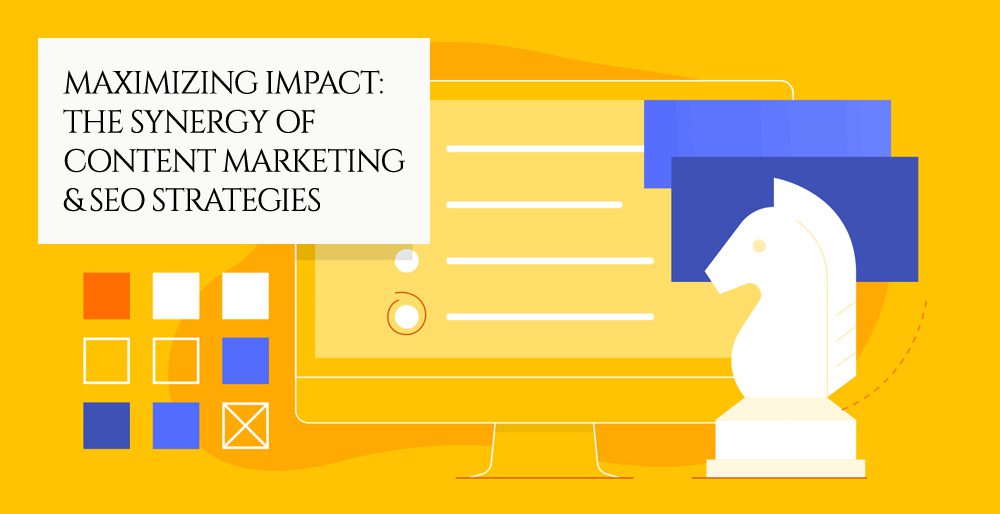
Many Internet automation bots out there automate tasks on the web. Several web bots are available, but some of the most useful ones for both their owners and Internet users, in general, are web crawlers’ work.
A web crawler is a program that crawls the web. You will learn a lot about web crawlers as you read this article. You will learn how they work, develop them, the challenges crawler developers face, and how to identify crawlers. Here is an introduction to web crawling and web crawlers’ work.
Web crawlers, what are they?
A web crawler is a piece of software used to visit websites on the Internet in order to crawl and index them or extract data.
Aside from that, they are also known as spiders, robots, or just bots. Web crawlers are more specific than spiders because there are many programs other than web crawlers, such as web scraping, robots, and bots.
The process of web crawling is what they use to perform their tasks. A web crawler searches for specific data points on the Internet by crawling known links (URLs).
Search engines rely heavily on web crawlers. That’s why every search engine out there has its own separate web crawlers. Which go around the Internet visiting web pages, and indexing them so that when you send a query, the search engine knows that the information you require can be found on the Internet.
There are some web crawlers that specialize in particular tasks. As good and beneficial as web crawlers are, they can also be harmful, as with blackhat web crawlers built with sinister motives.
What does a web crawler do?
For search engines to crawl or visit a site, they pass between the links on the pages. It is possible to request that search engines crawl your website if you have a brand new website without any links connecting your pages to others by submitting your URL on Google Search Console.
You can watch our video to learn how to determine if your site is able to crawl and index.
A crawler acts as an explorer in a new environment.
When they understand their features, they jot down links on their map that they can discover on pages. Web crawlers can only pore over public website content, so those pages that are not crawlable are called the “dark web.”
A web crawler gathers information about the page while it’s on the page, like the copy and meta tags. As a result, the crawlers store the pages in the search engine index, and Google’s algorithm can sort them based on the words they contain, which are then retrieved and ranked for users.
Crawlers’ Method of Identifying Themselves
Our interactions on the Internet are not so different from what we do every day. As a web request is sent to a web server, a browser, a web scraper, or a web crawler needs to identify itself using a string called the “User-Agent.”
In addition to the name of the computer program, some have the version as well as other information that will help web servers identify the program. Websites use these User-Agent strings to specify the version and layout of a web page to return in a response.
It is essential that web crawlers identify themselves with your website structure so that they can receive the treatment they deserve. In order to facilitate communication between website administrators and the developers of web crawlers, crawlers must use names that can be traced back to their owners/developers. Identifying requests from specific crawlers with a unique, distinguishable name will be more accessible. Websites can tell specific crawlers how to engage with their pages through their robots.txt file.
Crawlers and Web crawling: Application

There are a number of applications for web crawlers, some of which overlap with those of web scraping. Here are a few of them.
Indexing the web
The Internet would be the same without search engines. They crawl the Internet, taking snapshots of web pages and creating web indices.
Collecting and aggregating data
In addition to indexing website structure, web crawlers can also collect some specific information from websites. These capabilities overlap with those of web scraping. The only difference is that unlike web scrapers that have prior knowledge of the web URLs to be visited, when crawlers do not – they start from the known to the unknown. We collect various types of data, including contact information for market prospecting, price data, social media data, and more.
Detection of exploits
Crawlers are incredibly useful for hackers when it comes to detecting exploits. It can be helpful to have a specific target, but in some cases, they lack a specific target. To identify exploit opportunities, they use web crawlers that go around the Internet visiting web pages using some checklists. While ethical hackers do this to safeguard the Internet, bad hackers do it to exploit the discovered loopholes.
Development of specialized monitoring tool
Apart from exploiting identification programs, web crawling is integral to a number of another specialized monitoring tool, such as Search Engine Optimization tools that crawl specific websites for analysis, or the ones that build links for the purpose of backlink data.
What are some examples of web crawlers?
Most large search engines have multiple crawlers with specific focuses, and most popular search engines have their own web crawlers.
Google, for instance, has a main crawler called Googlebot, which includes mobile and desktop crawling. However, Googlebot also has several other bots, such as Googlebot Images, Googlebot Videos, Googlebot News, and AdsBot.
You may also discover the following web crawlers:
- DuckDuckGo Bot for DuckDuckGo
- This Yandex Bot is for Yandex
- The Baidu Spider for Baidu
- “Slurp for Yahoo!”
In addition to Bingbot, Microsoft offers MSNBot-Media and BingPreview, which are special-purpose bots. MSNBot, its main crawler, now only performs minor website crawls and is no longer used for standard crawling.
Web crawlers are essential for SEO

In order to improve your SEO rankings, your site’s pages must be reachable and readable by web crawlers. Search engines crawl your pages as a first step to gaining access to them, but regular crawls allow them to keep track of changes you make and stay updated on your content. Crawling extends beyond the beginning of your SEO campaign, so you can use crawler behavior to enhance the user experience and help you appear in search engine results. The following section will discuss the relationship between web crawlers and SEn.
Management of crawl budgets
Newly published pages will appear in search engine results pages (SERPs) as a result of ongoing web crawling. Search engines like Google and most others do not crawl your site indefinitely.
Crawl budgets guide Google’s bots to:
- When to crawl
- How to scan the pages
- What level of server pressure is acceptable
A crawl budget is a good idea. Without it, crawlers and visitors may overwhelm your site. If you want your web crawling to run smoothly, you can set crawl rates and demands.
So that load speed isn’t affected or errors aren’t triggered, crawl rate limits monitor fetching on websites. If you are experiencing Googlebot issues, you can adjust them in Google Search Console.
Search engines and users are interested in your website structure according to the crawl demand.
If your site doesn’t yet have a large following, Googlebot won’t crawl it as often as popular websites.
Web crawlers face roadblocks.
In order to prevent web crawlers from intentionally accessing your pages, there are a few options. There are some pages on your site that shouldn’t rank in the SERPs, and these crawler roadblocks can keep sensitive, redundant, and irrelevant pages from showing up in search results. The no index meta tag is the roadblock preventing search engines from indexing a page is the no index meta tag. No indexing should usually be applied to admin pages, thank you pages, and internal search engine results.
Similarly, the robots.txt file acts as a crawler roadblock.
Crawlers can choose not to obey your robots.txt file, but this directive is helpful for controlling your crawl budget.
Are you looking for an SEO or digital marketing manager?
Get more leads, more revenue, and more website traffic with our SEO Guide for digital Marketing Managers!
Using MetaSense Marketing, optimize search engine website crawls
After covering the crawling basics, you should be able to define a web crawler. Search engine crawlers are an extremely powerful monitoring tool for finding and recording website pages.
It is the foundational building block of your SEO strategy, and an SEO company can fill in the gaps and offer your business a comprehensive campaign to increase traffic, revenue, and rankings.
MetaSense Marketing, a world leader in SEO, is ready to help you drive results. Our experience covers a wide range of industries. Despite this, we are also happy to report that our clients are thrilled with our partnership with them.
Designing, building and implementing Award-Winning Digital Marketing Strategies.
Contact me directly at 856 873 9950 x 130
Or via email at : Support@MetaSenseMarketing.com
Check out our website, get on our list, and learn more about Digital Marketing and how MetaSense Marketing can help.
https://www.metasensemarketing.com
For more information and to schedule an appointment, CLICK HERE.
MetaSense Marketing Management Inc.
866-875-META (6382)
support@metasensemarketing.com





















